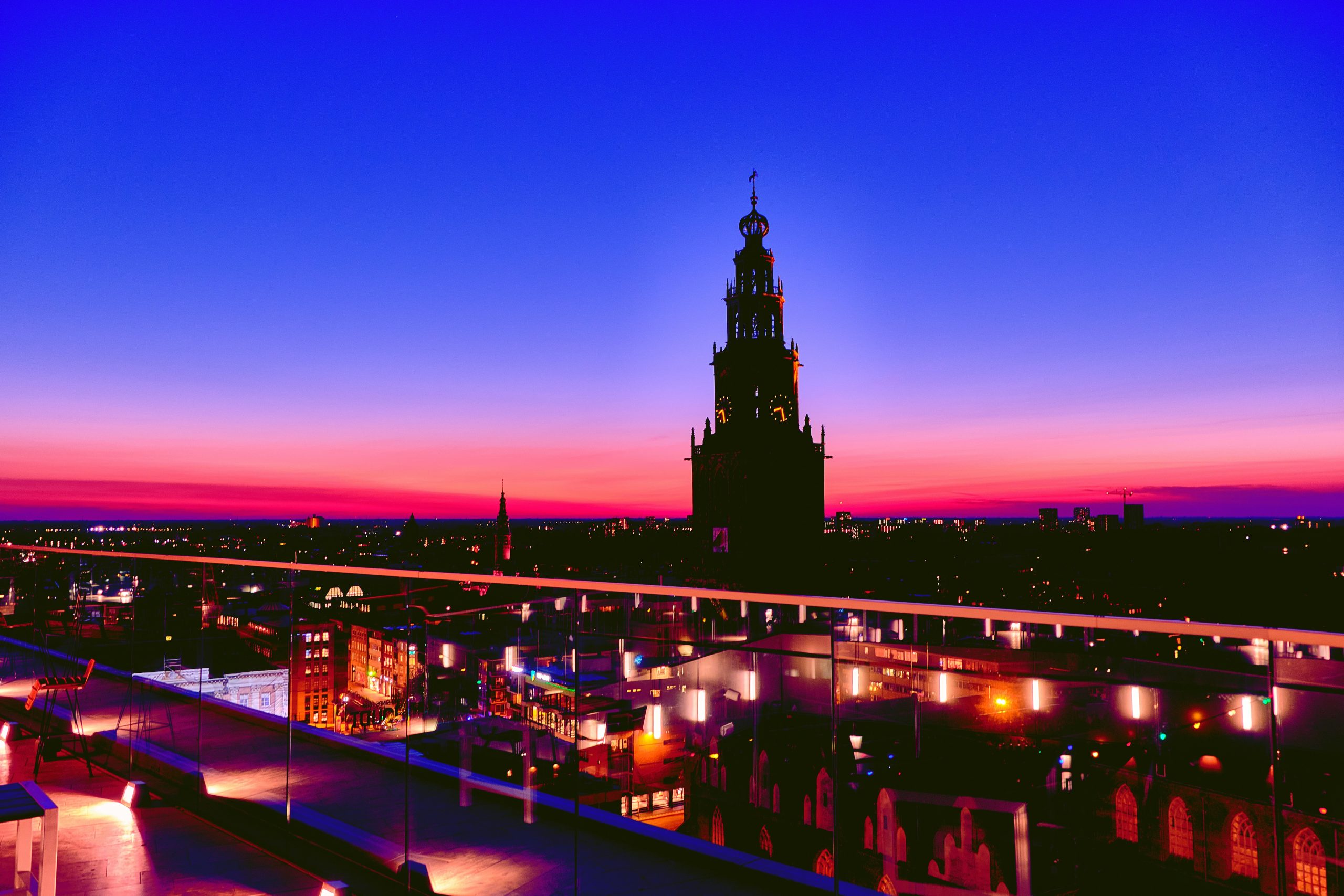The Netherlands has taken an important step in European AI development. On Oct. 9, 2025, it was announced that EuroHPC JU is providing €71 million for the construction of an advanced AI factory in Groningen. This completes the funding for a total project of €200 million that will give the Netherlands a permanent place in the European AI network.

The total investment of €200 million consists of three funding streams. The government is contributing €70 million, the Nij Begun Regional Economic Agenda in Groningen and North Drenthe €60 million, and EuroHPC JU is providing the remaining €71 million. With this collaboration, the Netherlands joins the European network of AI factories.
This Dutch AI plant is part of an ambitious European expansion in which EuroHPC JU simultaneously selected five other AI plants in the Czech Republic, Lithuania, Poland, Romania and Spain. This brings the total in Europe to 19 locations, designed to strengthen innovation and collaboration.
The Dutch AI Factory is a joint initiative of the Dutch AI Factory Foundation, SURF, TNO, the Dutch AI Coalition (AIC4NL) and Cooperation North. This collaboration is supported by several ministries, including Economic Affairs, Defense, OCW, VWS and Agriculture.
TNO plays a central role as an expertise partner, with experience in AI model development, including the Dutch language model GPT-NL. The institute helps with data management, AI applications and the development of reliable AI frameworks.
The factory will be in Groningen, with the center of expertise located in the Niemeyer Building. This historic building, once a tobacco factory, will be transformed into a modern IT hub where researchers and companies collaborate.
A separate location in Groningen is still being sought for the AI supercomputer. It will be able to process large amounts of data and is expected to become fully operational in early 2027.
The AI factory consists of three parts:
The facility focuses on secure data storage, high-speed connectivity and the use of open technology, fully compliant with European regulations.
The AI Factory focuses on social sectors where AI can make a real difference. The focus is on healthcare, security and agriculture, with a special emphasis on AI applications with highly sensitive data.
In healthcare, for example, the facility can analyze the vast datasets from UMCG's Lifelines study, which uses AI to understand how diseases arise and how they can be prevented. AI models can also help doctors personalize treatments.
In agriculture, the plant offers opportunities for smart farming systems, and in the security and defense sector for advanced detection and analysis systems. The technology can also be used for mobility and other strategic areas.
A crucial aspect of this initiative is to reduce Europe's dependence on American and Chinese AI platforms. State Secretary Eddie van Marum (Recovery Groningen and Digitalization) emphasizes,"With the AI factory, we are putting Groningen on the international map. The center attracts talent and companies, and strengthens our position within the European AI network. It makes us as the Netherlands stronger and more independent from other countries."
This strategic independence fits within the broader European AI Continent Action Plan, a €200 billion program committed to a secure, reliable and independent AI ecosystem. The Netherlands is thus contributing to the development of European AI based on public values.
The AI Factory is expected to give a huge boost to the economy of Groningen and the Northern Netherlands. Jouke de Vries, chairman of the Board of Governors of the University of Groningen, says: "The AI Factory will give an enormous boost to the economy of Groningen and the Northern Netherlands. From the Nij Begun Economic Agenda, we are working to create a digital ecosystem around the AI Factory, so that the region can gain maximum benefit from it."
The plant is creating new jobs and attracting talent and businesses. New companies are expected to establish themselves in Groningen in the coming years and want to use the facilities.
The University of Groningen and the University Medical Center Groningen (UMCG) are actively supporting the initiative. The RUG focuses on logistics and knowledge exchange, while the UMCG sees opportunities for preventive care and personalized medicine.
Hanze University also shows enthusiasm for the project. Dick Pouwels, chairman of the Executive Board, states,"With the AI factory, we are building knowledge and expertise at an accelerated pace, stimulating innovation in business and creating high-quality, future-proof jobs. It strengthens our education and research, attracts international talent and opens the door to applications such as data-driven care."
Groningen Mayor Roelien Kamminga called the arrival of the AI factory"a fantastic opportunity for the north" and stressed, "We are not only building technology here, but also solutions that improve everyday life - from faster diagnoses in healthcare to smarter agriculture and better public services."

